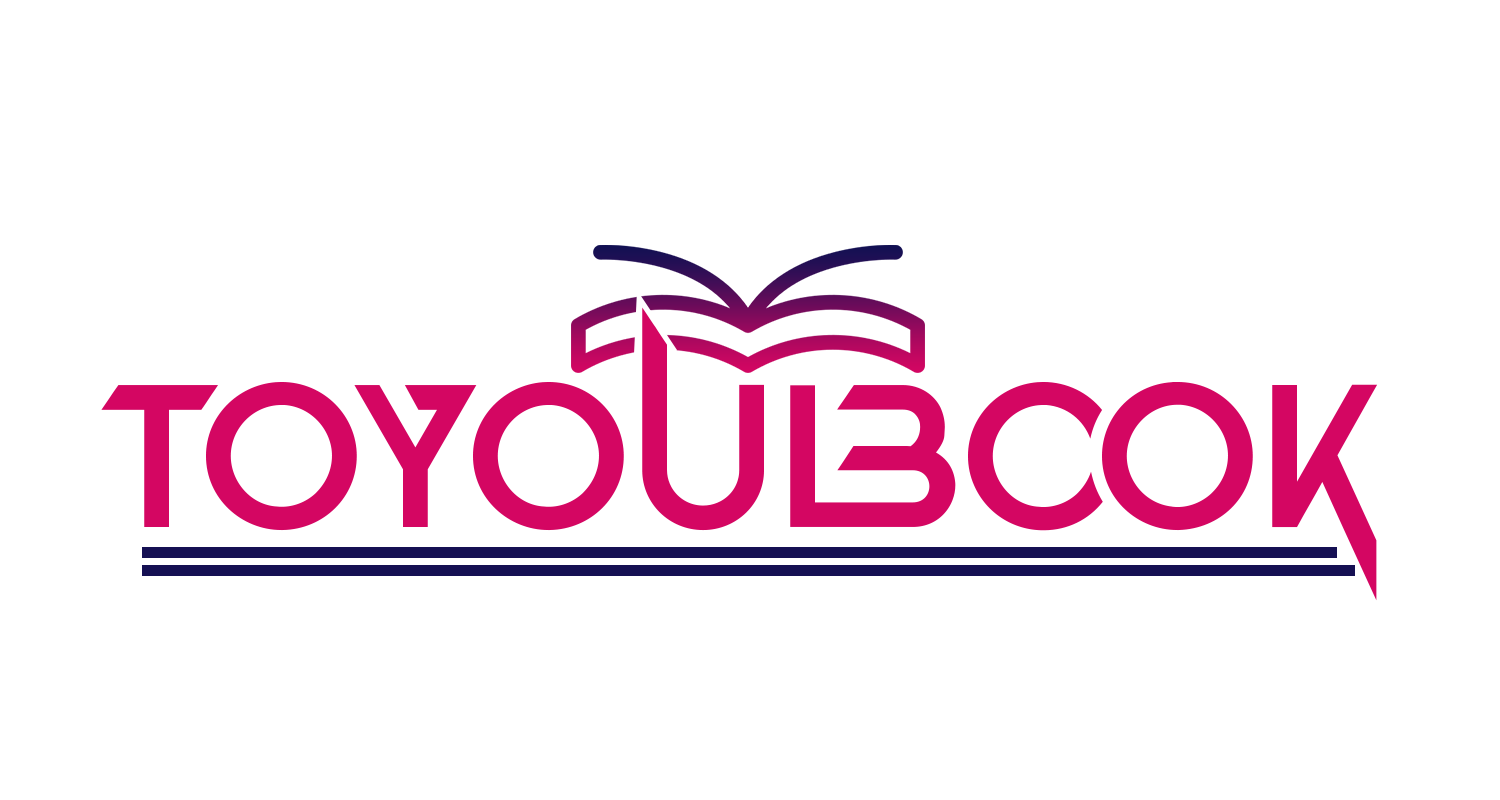The landscape of education is undergoing a digital revolution, and online testing is at the forefront of this transformation. While traditional paper-and-pencil tests have served their purpose, online assessments offer a dynamic and data-rich approach to evaluating student learning. By analyzing current trends in online testing, we can explore how they contribute to a more comprehensive and effective educational future.
Shifting Focus: From One-Size-Fits-All to Personalized Learning
One of the most significant trends is the move away from standardized tests towards personalized assessments. Online platforms can adapt to individual student learning styles and pace. Branching logic, where the test adapts based on previous answers, allows for a more nuanced understanding of strengths and weaknesses. This data empowers educators to tailor instruction, providing targeted support for those who need it most and accelerating the progress of advanced learners.
Real-Time Feedback and Adaptive Learning
Free online mock tests provide immediate feedback, a valuable tool absent in traditional methods. Students can instantly see their results and identify areas requiring improvement. This fosters a more self-directed learning environment, allowing students to take ownership of their educational journey. Additionally, online tests can be integrated with adaptive learning technologies. Based on student performance, the platform can adjust the difficulty of subsequent questions or recommend specific learning resources, creating a customized study path.
Promoting Higher-Order Thinking Skills
The scope of online testing extends beyond simple recall. Platforms can incorporate simulations, open-ended questions, and project-based assessments. These require students to analyze information, solve problems creatively, and apply knowledge to real-world scenarios. This shift towards assessing higher-order thinking skills better prepares students for the complexities of the 21st century workforce.
Accessibility and Equity
Online testing offers advantages in terms of accessibility. Students with disabilities can benefit from features like text-to-speech conversion, on-screen magnification, and extended time allowances. This creates a more inclusive testing environment, ensuring all students have an equal opportunity to demonstrate their understanding. Furthermore, online platforms can be geographically flexible, facilitating remote assessments and educational opportunities for students in underserved communities.
Data-Driven Insights for Smarter Decisions
Online testing yields a wealth of data that goes beyond a single score. Detailed analytics track student progress over time, pinpoint areas of struggle, and reveal emerging trends across classrooms and demographics. This empowers educators to make data-driven decisions about curriculum development, resource allocation, and school leadership. By analyzing student performance at a granular level, educators can identify areas requiring improvement and tailor interventions for greater effectiveness.
Challenges and Considerations
Despite the benefits, online testing isn’t without its challenges. Issues like digital literacy, access to technology, and potential for cheating require careful consideration. Ensuring equitable access to technology and robust security measures are crucial for creating a fair and reliable testing environment. Additionally, online testing should be seen as a tool within a broader assessment strategy, complementing traditional methods and classroom observations for a holistic picture of student learning.
In conclusion, online testing trends paint a promising picture for the future of education. By fostering personalized learning, providing real-time feedback, and assessing higher-order thinking skills, these advancements can empower students and educators alike. However, addressing accessibility concerns and maintaining the integrity of assessments remain crucial. As we navigate this digital revolution, online testing has the potential to redefine excellence in education, creating a future where every student can thrive.

